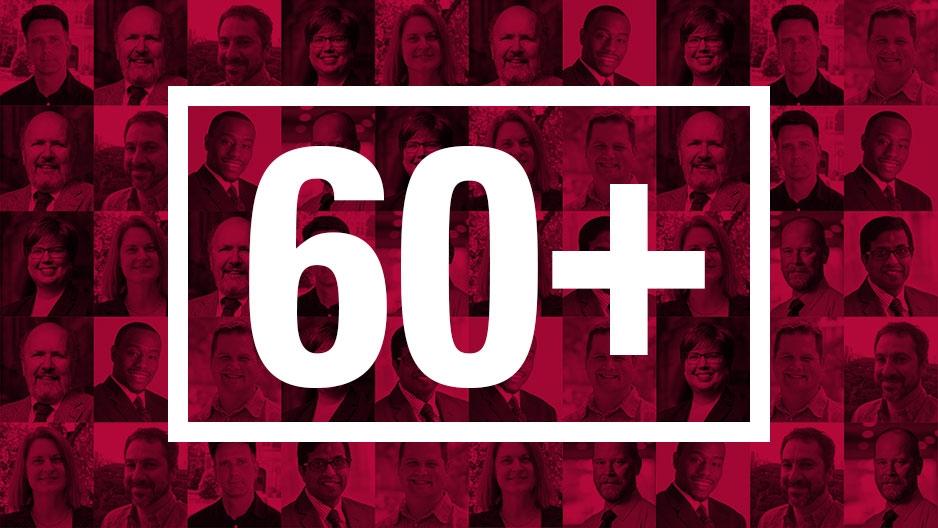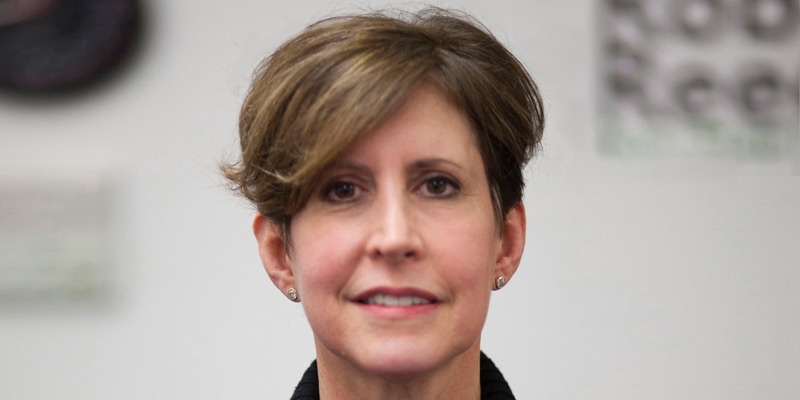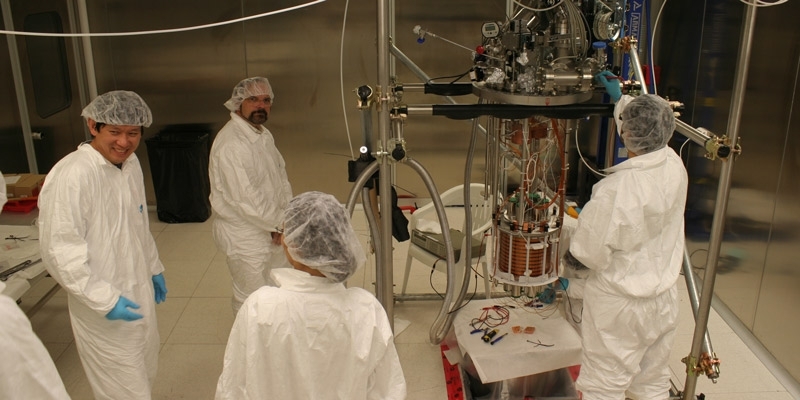Posted November 1, 2017
Temple welcomes another big class of star faculty hires
The new professors were drawn to Temple’s momentum, reputation, faculty peers and community engagement.

Photography By:
Illustration by Rose Caporaletti and Didier Garcia
More than 60 tenured and tenure-track faculty are joining Temple this academic year.
The next wave has arrived. Temple University is welcoming more than 60 new tenured and tenure-track faculty members from the world’s leading institutions in 2017-2018.
This year’s cohort is the latest in a faculty recruitment surge at Temple that began more than a decade ago. Since 2004, Temple has introduced more than 750 new world-class teachers, researchers, scholars and artists to its faculty at the tenured and tenure-track level, a rate of more than 57 new recruits a year. This influx of talent is happening at a time when many colleges across the nation are experiencing stagnant faculty hiring—or even cutbacks.
“A university is only as good as its faculty, and this year’s faculty recruits will improve the Temple experience for generations of students,” said President Richard M. Englert.
New tenured and tenure-track faculty members have joined 14 of Temple's 17 schools and colleges this year, with the College of Liberal Arts (11), the Fox School of Business (10), the College of Education (8) and the College of Public Health (6) welcoming the most newcomers.
Among Temple’s faculty class of 2017-2018 are Philip McCallion, a renowned expert on aging populations and people with disabilities, who will direct Temple’s School of Social Work; scholar, journalist and social commentator Marc Lamont Hill, who returns to Temple as the first Steve Charles Chair in Media, Cities and Solutions at Klein College of Media and Communication; community-focused cancer epidemiologist Resa M. Jones, who will serve as chair of the College of Public Health’s Department of Epidemiology and Biostatistics; and music director and conductor Steven Gross, who joined the School of Theater, Film and Media Arts after working on Broadway and the West End in London on Phantom of the Opera, The Life, Chicago and other high-profile productions.
The range of factors that attracted the university’s newest faculty stars to Temple are as varied as their fields of expertise. For the College of Education’s Renée M. Tobin, a national leader in the study of personality and social development in the context of school counseling, Temple’s mission and urban location were critical factors.
“I was impressed with [Dean Gregory M. Anderson’s] vision for the college, and I felt that the social justice mission of the university resonated with my own values,” said Tobin, who will coordinate the college’s counseling psychology programs. “One of the draws to Temple and to this position is access to helping children and families. It was clear to me that Temple is committed to helping North Philadelphia and the city’s public schools. I wanted to be part of that.”
One of the draws to Temple and to this position is access to helping children and families. It was clear to me that Temple is committed to helping North Philadelphia and the city’s public schools. I wanted to be part of that."
-- Renée M. Tobin, Professor, College of Education
Subodha Kumar, a leading business analytics expert who joined the Department of Marketing and Supply Chain Management at the Fox School of Business, was attracted by the prospect of working with distinguished peers in many different disciplines.
“The most important factor was that the Fox School of Business has world-renowned faculty in the areas of data science and data analytics,” Kumar said. “This place is on the move. There is a lot of exciting interdisciplinary work going on here at Temple, and the Philadelphia region is very big in the areas where I’m working.”
For Alan McPherson, the new director of Temple’s Center for the Study of Force and Diplomacy and the Thomas J. Freaney Professor of History in the College of Liberal Arts, reputation was part of the draw.
“The Center for the Study of Force and Diplomacy has a stellar reputation in the academy. I was excited about helming an institution that’s admired by all scholars of force and diplomacy,” said McPherson, an expert in U.S.-Latin American relations. That admiration extends to the university, he added.
“Somehow, Temple is able to grow and improve what it offers students—and it’s able to do all of that while being affordable,” he said.
Temple’s recent faculty hiring boom has been made possible by several factors. The retirement of a large number of faculty members hired in the years after Temple became a state-related institution in the mid-1960s has increased the number of vacancies. Enrollment increases at Temple since 2000 also spurred investment in faculty. In addition, Englert credited the energy and vision of Temple’s deans, many of whom also came to Temple in the last decade.


